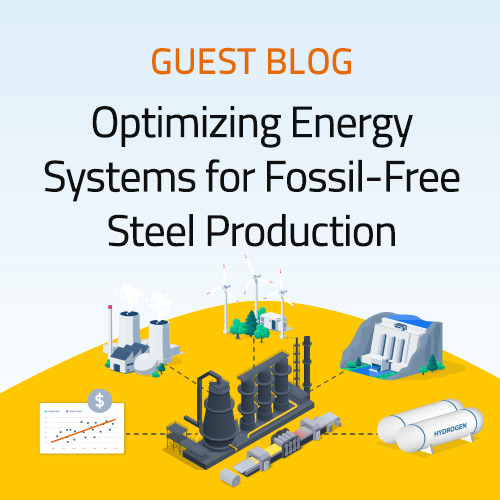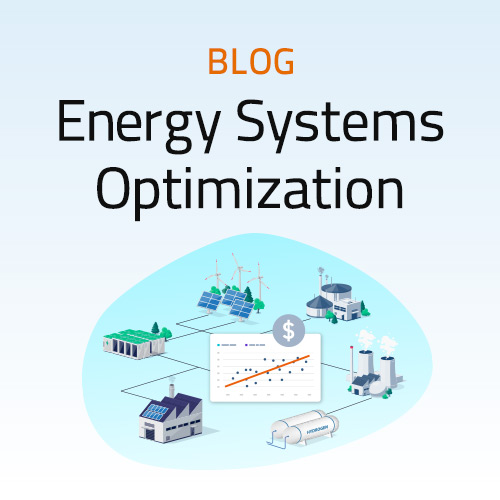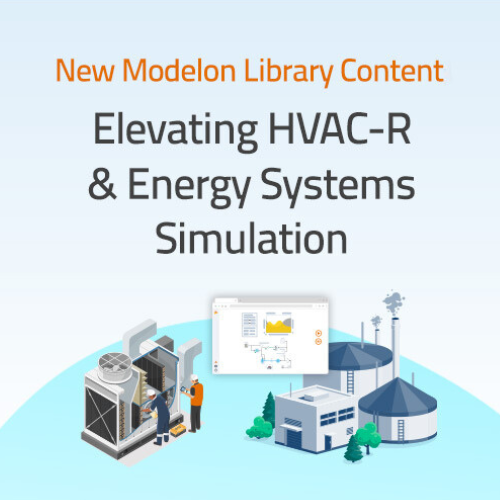The Modelica Vapor Cycle Library is used to design vapor cycle systems for heating, cooling and waste-heat recovery.
The library enables component interaction and dynamic system behavior to be simulated and analyzed at an early design stage. It can be used as an integrated part of energy management design for both mobile and residential applications.
The Vapor Cycle Library is fully compatible with the Liquid Cooling Library, Heat Exchanger Library and other Modelica libraries that cover mechanical and electrical parts of the system, such as the Electric Power Library. Using several libraries together the user gets a powerful, inter-disciplinary simulation and analysis environment, ideally suited for complex design tasks.
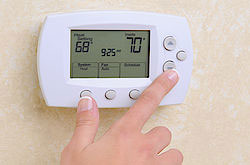
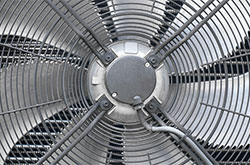
APPLICATION
The Vapor Cycle Library is the starting point for the development and analysis of vapor compression cycles. Its applications range across many industries, including automotive, energy, HVAC and refrigeration.
In combination with the Liquid Cooling library and Heat Exchanger library, the Vapor Cycle Library becomes a powerful tool for holistic simulations of complete energy systems.
In academic research and training, simulating the vapor compression models provides insight into phenomena and component interactions that would be difficult to recreate on a test-rig.
Industrial cooling and heating systems
The versatile structure of the library permits users to model very specific and unusual vapor compression cycles.
Organic rankine cycle simulation
The Vapor Cycle Library accounts for organic rankine cycle models using a geothermal energy heat source, a solar energy heat source, waste heat or biomass heat source.
A typical design issue related to developing an organic rankine cycle is the selection of an appropriate working fluid, which will strongly influence performance. The Vapor Cycle Library contains a set of relevant working fluids that can be easily substituted at any design stage.
The Vapor Cycle Library in combination with the Heat Exchanger Library and Liquid Cooling Library permits the study of the overall performance of an organic rankine cycle integrated to an exhaust gas recirculation system or an engine coolant circuit.
Residential heat pump design and optimization
The performance of a heat pump is traditionally optimized for a set of steady-state operating points. In real-life applications, however, the heat pump is often subject to varying load requirements and constantly changing boundary conditions, and its efficiency varies accordingly. Thus, it is highly beneficial to assess the annual performance and study both the optimal switching frequency of the controller as well as the heat pump’s behavior in the low-load region. Models created with Modelon’s Modelica libraries capture the heat pump’s behavior at each operating point as well as during transient situations.
The Vapor Cycle library is used widely by customers to tackle various residential heat pump challenges. All components in cycle models can be changed within a few mouse clicks, which allows users to rapidly switch between components of various manufacturers. Modelon customers use the calibration function to ensure all components exhibit identical behavior to experimental data provided by the supplier. Similarly, the model can accommodate different working fluids, including R744 and R1234yf, currently being benchmarked by the industry.
Resources
Modelon Libraries
Related News & Blog
Ready to use Modelon's libraries for powerful system simulation?
Get in touch with us today to see how Modelon’s libraries handle complex modeling and return accurate results.
